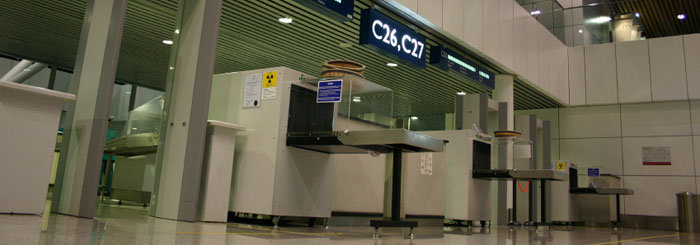Arabs Integrate into high tech in Israel
November 7th, 2018Over the past two decades, even as Israel has developed a strong high-tech industry and earned the sobriquet “start-up nation,” much of its Arab population has remained on the outside. Arabs comprise 20% of Israel’s population, but only contribute to 8% of its GDP.
There are 5,600 Arab engineers in the Israeli hi tech work force today, out of a total of 120,000 which is a far cry from a fair representation of Arab society’s 20% share of the general population, and is a missed opportunity for the economic development of Arab society since the high tech industry is the primary driver of growth in Israel today: hi-tech generates almost half (42.3%) of Israel’s export revenue.
There are two major reasons for this lack of integration. First, because, unlike Jewish Israelis, Arabs aren’t included in mandatory service in the Israeli army, they are less likely to develop technology skills that the Israeli defense forces inculcate. Second, they do not develop the business networks that Israeli Jews do while serving in the army.
Tsofen, a non-profit organization operating in Nazareth and Kafr Qasem, founded by an Arab Israeli and a Jewish Israeli, has been successful in integrating Arab hi tech workers into Israeli high tech companies through its tech programs .
Back in 2015, having understood the need to duplicate the successful model of Nazareth as an emergent Arab center for hi-tech industry and jobs, Tsofen’s founders, Sami Saadi, (Co-CEO) and Smadar Nehab (Co-CEO at the time) set about working to make this vision a reality.
“Our goal was to increase the percentage of Arab citizens employed in hi-tech to at least 10% by 2025” said Nehab.
Their unique model allows for the accelerated integration of Arabs into Israel’s high tech industries in the fields of programming, hardware development and information technology (IT), among others, by training Arab high tech workers in the Galilee and Triangle region, and simultaneously facilitating the establishment of high tech centers in new areas.
“Since Tsofen’s establishment, it is already making an impact” said Paz Hirschmann, co-CEO. “Since 2008 Tsofen’s work contributed to a significant rise in the number of qualified Arab Hi-Tech engineers, from 350 to 5600, and a doubling of the number of Arab students pursuing hi-tech degrees in academia”.
